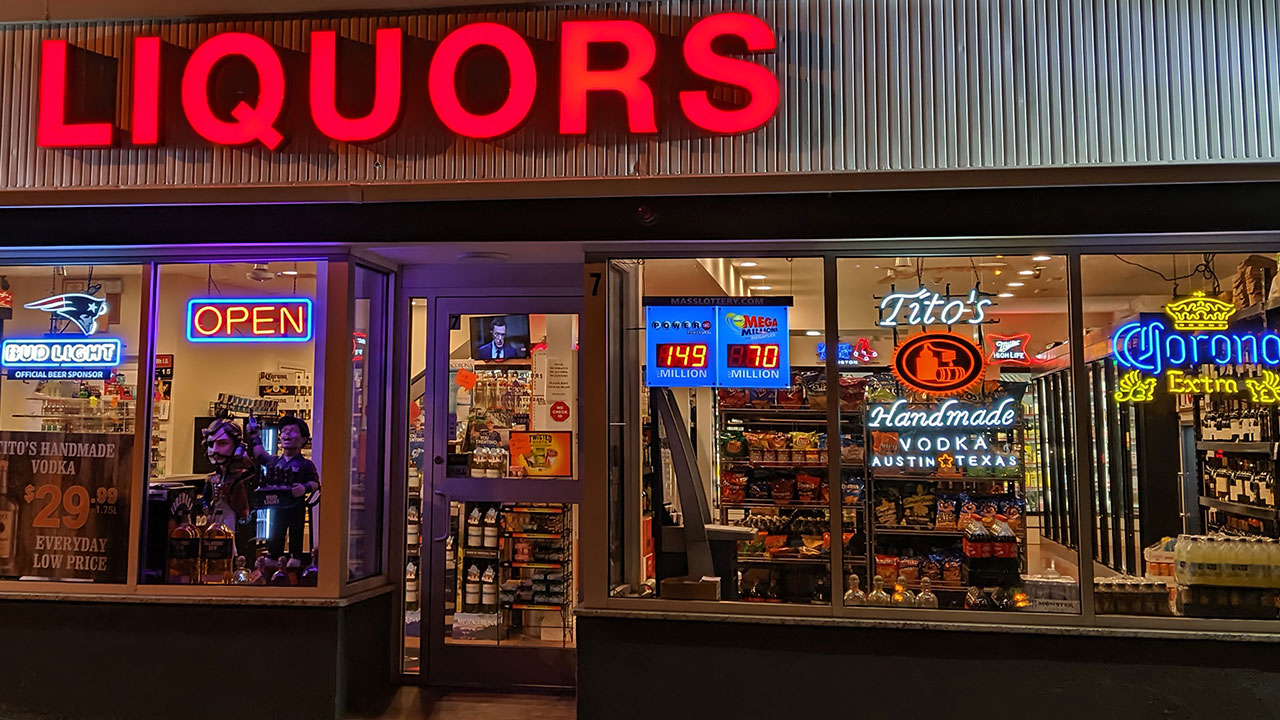Avoiding Common Liquor License Pitfalls: A Guide for California Liquor Store Owners
Owning a liquor store in California is a great business opportunity. But securing and maintaining a liquor license can be a challenge. The state’s Alcohol Beverage Control (ABC) department has strict regulations, and even small mistakes can lead to fines, suspensions, or outright denials.
Many store owners underestimate the complexity of the process. From paperwork errors to background check surprises, problems can pop up fast. That’s why working with an ABC consultant can be a game-changer. Here’s what you need to know to avoid common pitfalls and keep your liquor store in business.
Common Licensing Mistakes That Can Cost You
Getting a liquor license in California isn’t just about filling out forms. It’s about getting every detail right. Here are some mistakes that can delay or derail your application:
1. Incomplete or Incorrect Applications
ABC won’t process a license if the application is missing information. Even small errors—like a typo in your business name—can cause delays. Double-check every detail before submitting.
2. Financial Disclosure Problems
California requires a full financial disclosure. If your funding sources aren’t clear or you fail to report all investors, ABC may reject your application. Be upfront and keep all documentation in order.
3. Failing the Background Check
ABC runs background checks on all applicants. Prior criminal convictions, tax issues, or undisclosed past business failures can raise red flags. If you think something in your past could be a problem, consult with an expert before applying.
4. Misunderstanding the Liquor Lottery
California limits the number of liquor licenses in certain areas. If demand is higher than supply, new licenses are awarded through a liquor lottery. Some business owners mistakenly assume they can buy a license anytime—only to realize they have to wait or try for a liquor license transfer.
5. Not Securing a Temporary Liquor License
If you’re buying an existing liquor store, you may need a temporary liquor license to keep operating while your full license is processed. Without it, you could be stuck waiting months before you can sell alcohol.
How an ABC Consultant Can Help
A liquor license consultant specializes in guiding store owners through the licensing process. Their job is to make sure you stay compliant with both ABC laws and local ordinances. Here’s how they can help:
- Reviewing applications to catch errors before submission.
- Preparing financial disclosures to meet ABC standards.
- Advising on background check issues to prevent denials.
- Navigating local regulations that may be stricter than state laws.
- Assisting with liquor license transfers when buying an existing store.
An ABC consultant knows the ins and outs of the process. They help cut through red tape and improve your chances of approval.
Handling Background Checks, Financial Disclosures, and Required Documentation
The paperwork involved in a liquor license application can feel overwhelming. Here’s what you need to focus on:
Background Checks: What ABC Looks For
ABC will check:
- Criminal history (felonies and alcohol-related offenses raise concerns).
- Past business failures, bankruptcies, or unpaid state taxes.
- Any previous liquor license violations.
If you have anything in your history that might be a problem, it’s best to be upfront and seek expert advice.
Financial Disclosures: Proving Your Legitimacy
ABC wants to know exactly where your money is coming from. You’ll need to provide:
- Bank statements and tax records.
- Investment agreements or loans.
- Proof that all funding sources are legal and properly documented.
Messy financial records can lead to delays or denials. Keep everything organized.
Required Documentation: No Room for Mistakes
The list of required documents varies based on your situation. At a minimum, expect to provide:
- Business entity paperwork (LLC, Corporation, etc.).
- Lease or property ownership documents.
- Local zoning approvals.
- Seller’s Permit from the California Department of Tax and Fee Administration.
Missing even one required document can stall your application.
Keeping Your Liquor License (and Your Business) Safe
Securing a liquor license is only half the battle. Keeping it requires ongoing compliance. Common mistakes that lead to fines or suspensions include:
- Selling to minors (ABC conducts undercover sting operations).
- Selling alcohol past permitted hours (every city has different rules).
- Failing to renew your license on time (expired licenses mean lost sales).
- Not following local city or county laws (some areas have stricter rules than ABC).
An ABC consultant can help ensure you stay compliant after approval. Regular compliance checks and employee training can help prevent costly violations.
The Smart Way to Get (and Keep) Your License
California’s liquor license process is complex, but mistakes can be avoided. Whether you’re applying for a new license, entering the liquor lottery, or handling a liquor license transfer, preparation is key.
An experienced liquor license consultant can make a huge difference. They help with paperwork, navigate ABC regulations, and ensure your store stays compliant. That means fewer delays, fewer headaches, and a smoother path to success.
If you’re serious about running a liquor store in California, don’t leave your license to chance. Get expert help, follow the rules, and protect your investment.


